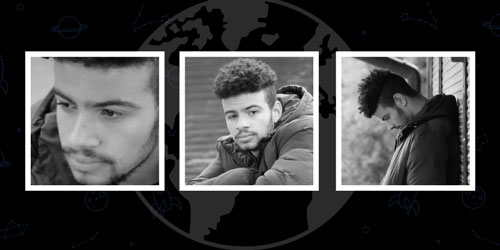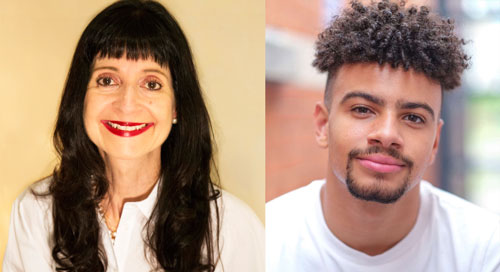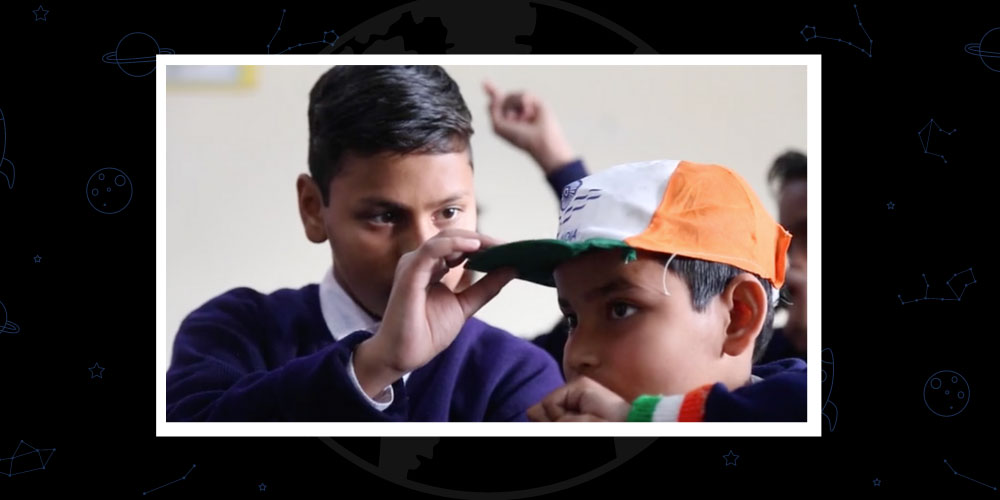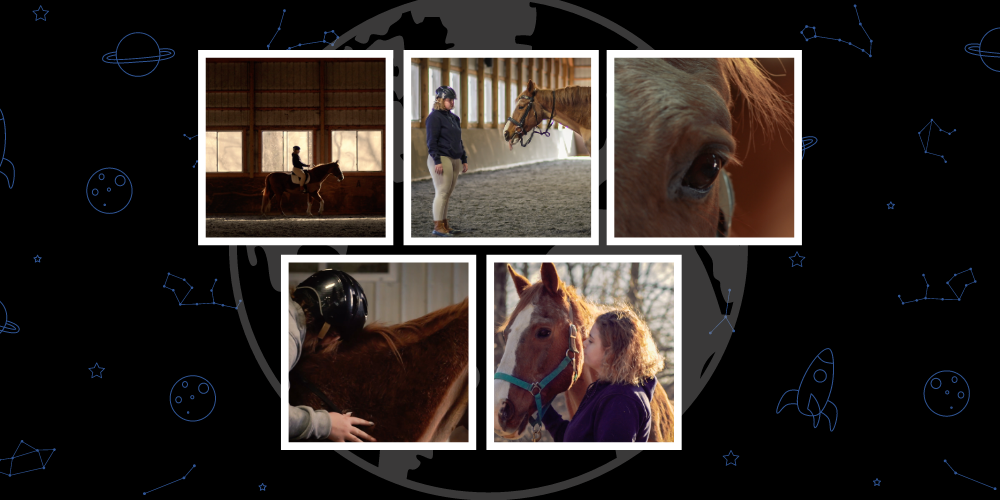“你看到的我比你的眼睛看到的更多,即使我看到你看著我時看到的。”
本月在Planet Classroom Network YouTube頻道上, audiences can screen the video 盧克的《黑人的命也是命》詩 featuring the 18 year old poet and activist Luke Azille. Originally written as part of a school assignment, Luke’s poem on how he believes society sees and judges him, often without first knowing him, is distinctive and memorable.
全球搜索教育 is pleased to welcome Luke Azille.
What inspired you to write your poem, and why did you choose to recite it in a video medium?
很好, I actually wrote this poem when I was 15 歲, I’m 18 現在. It was a task set by our teacher. Our task was to write a poem or a piece of text with the theme identity. I originally wrote that and a few years passed and then there was a Black Lives Matter protest in 2020, 三月, at my local park. We were given the chance to give testimony or given the moment to speak to the crowd of a few thousand. And I took the opportunity to share this poem that I had ready. It was actually filmed then and given to a newspaper, a few newspapers, and it was put on the Instagram of a London paper that focused on the Black community. But the video quality wasn’t that great so me and my dad decided to recreate it into a more high definition, 高質量, film.
How has the COVID19 pandemic impacted you and your community? What lessons have you learned from the experience?
I think the pandemic has given everyone the chance to think and be more aware of the world around them. I feel like people these days are realizing how important it is to be kind to one another. That we should respect each other as a human race.
What was the take-away you wanted people to have after viewing your film?
When I created the film I was just getting my expression out, getting my thoughts out. I wasn’t hoping for anyone to change their mind or have a certain opinion on it. But I felt like it should be out there so that people can be aware of it. 接著, 希望, they can take it into consideration and get the perspective to get people to understand.
In the film you say, “Always able to compete, never able to complete”. Explain why you wrote this and what impact you expected it to have.
This line “Always able to compete, never able to complete” was a line talking about me and my habits. At that time of my life, I’d always start something but never complete it, never finish it. So I took up gymnastics when I was younger, then I quit that. Then I took up basketball, quit that. Futbol, I quit that. So I wasn’t really good at committing to large things. But I guess you could expand on that and apply that to other situations. We always say things will change but do they really? Maybe, I don’t know.
How do you see youth activism evolving in the future? Where do you see the opportunities for youth to bring about positive change?
These days the youth and kids do have a voice because they have phones. They have social media. They can get word out there. They can say whatever they want and get it trending or lots of views, lots of comments. People can bring about positive change just by sharing their opinion. And if you feel the world needs to hear your voice, then I believe you have every right to get that out there, with a positive message that you think will help people. I think it’s only right that you do.
Thank you Luke.
C.M. Rubin and Luke Azille
不要錯過 盧克的《黑人的命也是命》詩 在 Planet Classroom Network YouTube 頻道上。







最新評論